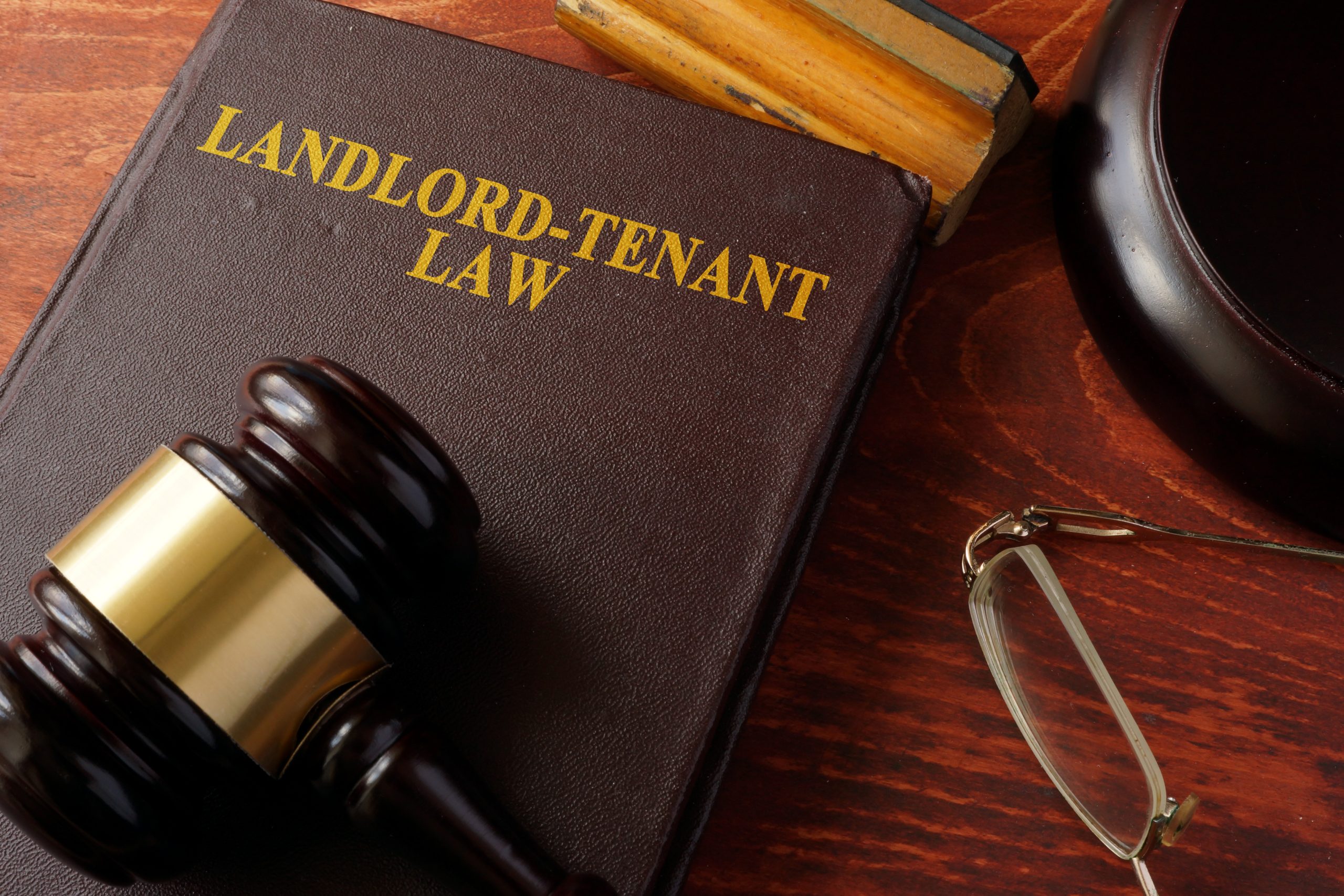If you own property in Texas, you need to know your landlord/tenant laws and rights. These are important, both in terms of your duties as a landlord and in making sure you’re protecting your tenants’ rights. This will also help you operate within the legal framework when it comes to everything from security deposits to evictions. Even if you’re just considering real estate investments in the Metroplex, you’ll need to be familiar with Texas landlord/tenant law.
Tenants’ Rights
Tenants have the following rights, which are yours to protect in good faith as their landlord.
- A right to a secure home, meaning you must install solid locks and other security measures, is part of the right to a healthy and safe home environment. You must maintain and repair any damages that would affect your renter’s health and/or safety. Maintenance is a major responsibility, and of course, you must keep the unit habitable. According to the Texas Property Code, this includes ensuring electrical, lighting, and plumbing systems are in excellent condition.
- If you fail to perform this responsibility of addressing repairs, tenants may file suit, terminate the lease early without penalty or paying further rent, or even do the repairs themselves and subtract the cost from their rent.
- The right to quiet enjoyment and to remain in the unit unless there’s a breach of the lease, meaning you can’t evict without cause even if other tenants file complaints. Texas outlaws retaliatory eviction and retaliatory acts like raising the rent or breaking the lease in Texas. For landlords, this means being sure you have all your documentation and communications ready in case of a false accusation of retaliation.
- The right to avoid experiencing housing discrimination per the Fair Housing Act, which specifically protects seven classes: color, religion, race, national origin, sex, disability, and/or familial status. As long as they’re able to pay rent and pass standard screenings, they cannot be denied equal treatment or renting opportunities as part of a protected class.
- Ending a lease early if experiencing a violation of the lease, even without an early termination clause, for things like landlord harassment or repair requests being ignored
The tenant must be provided all necessary disclosures regarding the property, printed in the lease according to the law. Lead paint is a common disclosure, as well as the names and addresses of those involved in the management of the property. - At least two days’ grace period before a late fee is assessed on rent.
Tenants’ Responsibilities
These are the responsibilities due to you by the renter in turn.
- Practice cleanliness inside the home as well as in any common areas.
- Inform the landlord of any damages or maintenance issues promptly.
- Dispose of the garbage properly and practice proper sanitation.
- Pay rent and/or applicable fees on time every month.
- Follow all rules, policies, and regulations in the rental agreement and those in local, county, and Texas law.
- Give a minimum of one month’s notice when they decide to vacate.
- Allow the landlord to enter the unit without notice in real emergencies. Unlike other States, Texas doesn’t require specific notice periods to conduct inspections, but this should be made clear in the lease. The owner may enter the unit if a court order has been issued, to perform inspections or if they need to make emergency repairs.
- Pay late fees when rent or other obligations aren’t fulfilled on time.
- If the tenant accumulates unpaid rent or otherwise breaks the lease agreement, they can be evicted.
Special Notes
There are a few special circumstances that you should keep in mind, in case they ever come up.
Security Deposits
Under Texas state law, there’s no maximum limit on security deposits. However, when the tenancy ends, a landlord is obligated to refund the security deposit within 30 days. You also must disclose where you keep all security deposits.
The tenant must be provided with a detailed list of the deductions made to the security deposit, which can include any unpaid rent. If not, the landlord won’t be able to charge or hold the security deposit.
Remember, security deposits are a main source of tenant trouble in a lot of cases, so you must know and follow the law. Doing otherwise opens you up to a small claims case that can go up to $10,000.
Domestic Violence
Victims of domestic violence may vacate without penalty or even giving notice. The tenant must show their temporary injunction and protective order as evidence to avoid being penalized for breaking the lease early.
Contact Manning & Meyers for All Your Landlord Questions
Being a landlord is rewarding in many ways, but the issues that can crop up can seem limitless. Take comfort in knowing every one of your questions has answers, and you have access to those answers. Whether you’re in a rental conflict or just trying to check off every box on your new rental, your attorney has most likely been there before and knows every mistake likely to be made. Reach out to Manning and Meyer for a free consultation so we can start helping you today!


